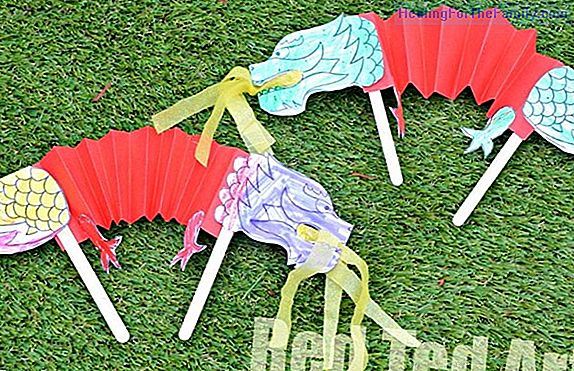Health
Although in some cases it may be an organic problem, in the great majority it is emotional aspects that hinder this learning. We talk about enuresis. Here you have 6 things you should know about enuresis in childhood. All you need to know about enuresis in childhood 1- We talk about enuresis such as
Although in some cases it may be an organic problem, in the great majority it is emotional aspects that hinder this learning. We talk about enuresis. Here you have
6 things you should know about enuresis in childhood. All you need to know about enuresis in childhood
1- We talk about enuresis such as

the involuntary emission of urine , which occurs in the child due to lack of sphincter control and encopresis when the child is pooped in the diaper, panty or underpants, instead of in the bathroom.2- In both cases, these are disorders that occur more frequently in
males than in girls. 3- The child must be more than 4 years old to be diagnosed, since there the children get full control of the sphincters.
4- The frequency of children suffering from this disorder is very high, affecting according to research
almost 15% of children of 6 years , 5% up to 10 years and 2% of children up to 12 years old years. Se 5- It is a disorder that bothers parents a lot but also children who do not dare to go to friends' houses to play or stay to sleep for fear of being embarrassed.6- In cases of organic enuresis, they refer to a slightly slower maturation of the organism but in cases of psychological enuresis, we are mostly dealing with
conflicts that are related to anxiety, family conflicts and experiences of stress in general .
Sometimes parents are not aware that the child may be suffering stress at school, because of conflicts with siblings or caregivers, we get angry and we scold them and this only makes the situation worse. What to do if the child is peeing over - Parents must once discarded the organic causes
be patient and accompany the children in the process.
- Talk with teachers and caregivers so that they have the same attitude no matter how difficult it may be. -
Avoid making the child feel bad and strengthen their self-esteem los in the positive aspects, help with educational books or videos and consult a psychologist if they can not overcome the situation alone.
- But above all remember that it is never only "the child". When there are problems we must remember that we are a family system and that we must move some cards so that others move later. Not to lose patience! Who said that raising would be easy?












